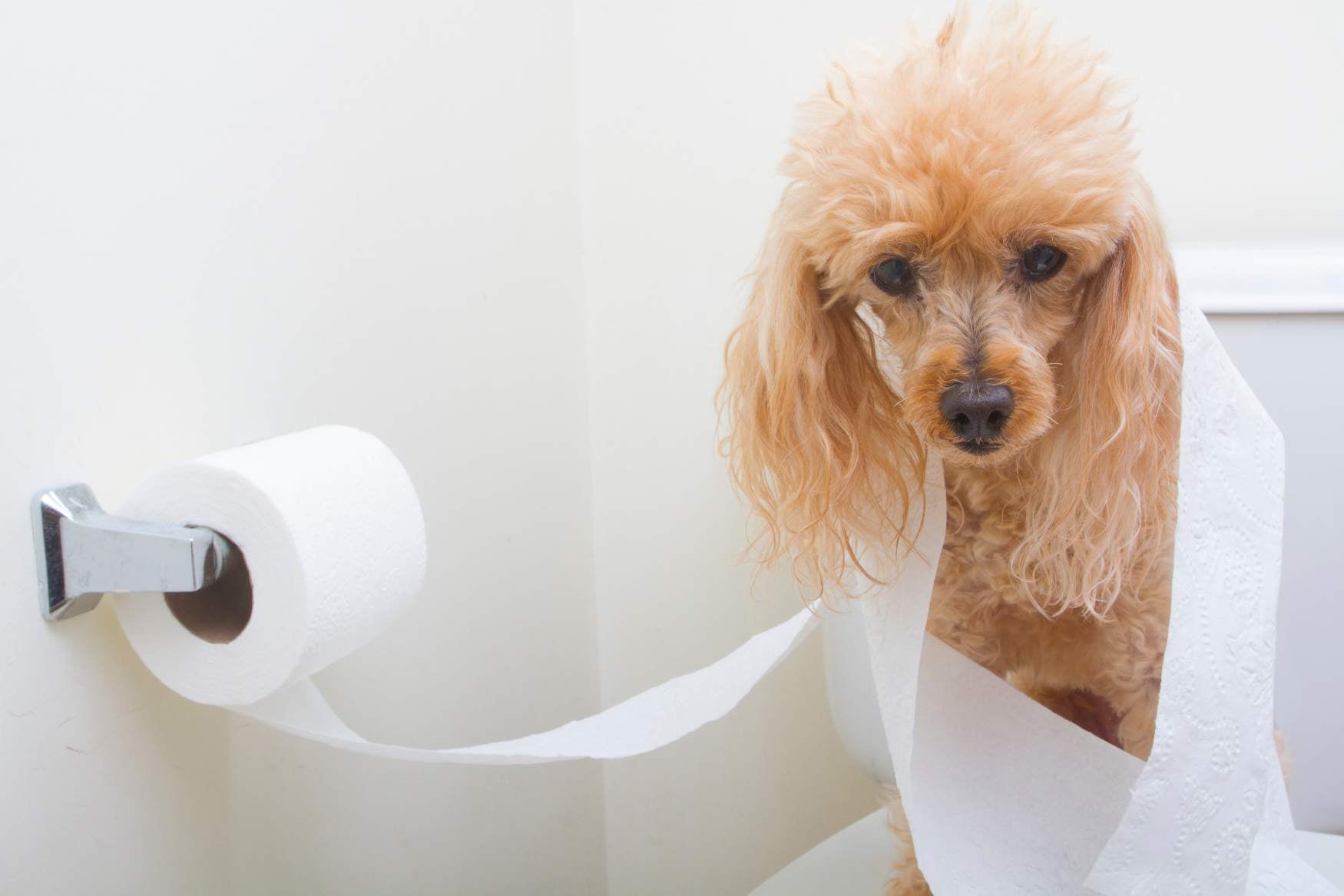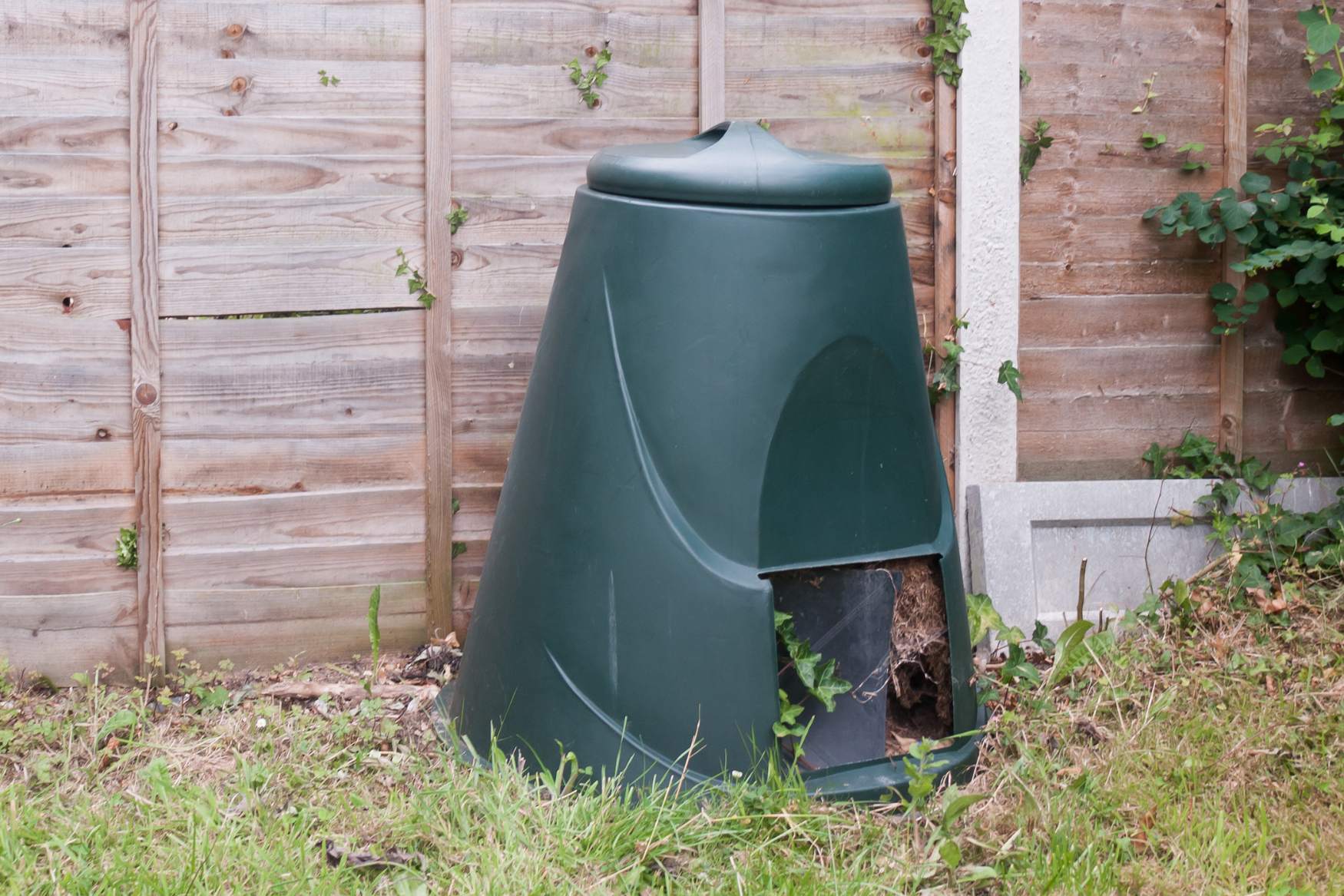Socialisation is arguably the most important factor in your puppy’s upbringing.
In a day and age where behavioural problems are a frequent reason for relinquishing dogs to a shelter (or even for euthanasia), the importance of puppy socialisation cannot be stressed enough.
A well-socialised dog is generally happier and more relaxed – and so is its owner!
You’d like to put together a puppy socialisation plan? Here we go!
When can i start socialising my puppy?
Developmentally speaking, your puppy’s socialisation period starts as early as three weeks of age.
That means that socialisation starts when your pup is still at the breeder.
This is why it’s so crucial to choose a responsible, experienced breeder.
Always ask about their socialisation practices – good breeders have a socialisation checklist they will complete before handing the puppy over to its new home.
We would not recommend puppy playdates this early on, as your puppy hasn’t received any shots yet and its immune system is still developing.
Interaction with its mother and litter mates will be enough at this stage.
However, your puppy can already start meeting people of different genders, statures, and wearing different clothes; children and babies.
Puppy socialisation checklist
You’ve now finally taken your new puppy home, and are ready to proceed with socialisation – which things should you expose your puppy to at this stage?
We recommend involving the whole family in the creation of a puppy socialisation checklist.
Make a list of things you want to expose your pooch to, and plan at maximum one new experience a day, with a “rest day” once per week.
Puppy socialisation classes and puppy playdates
Once your puppy has received its first shots – and providing you keep up to date with the follow-up vaccinations – you can schedule puppy playdates and meetings with other dogs.
Puppy socialisation classes are a great opportunity for your pooch to meet other puppies in a safe environment.
Especially for first-time dog owners, it can be reassuring to have a professional close-by to guide the socialisation process.
Some studies indicate that puppies attending socialisation classes tend to be more obedient and react more positively to strangers.
Don’t forget to have your puppy meet older dogs, as well.
Puppies playing together can get quite rough, so from time to time it takes a “grown-up” to teach your pup what is acceptable and what isn’t.
Does socialisation with other dogs pose a risk of infection?
Many owners are concerned about the risk of infection posed by interaction with other dogs, specifically the danger of contracting parvovirus.
Studies have shown, though, that puppies that attend socialisation classes are at no greater risk of infection with parvovirus than those which do not – provided, of course, that you always keep up to date with vaccinations.
Some guidelines on socialisation
Whenever your dog is encountering something new, patience is key.
Allow your pup to be suspicious at first, and give it time.
Lots of positive reinforcement and treats will bring your pooch around.
Never, ever, punish your puppy for barking at an unknown object or person.
Stay calm and assuring, and praise any form of positive interaction.
If your puppy is consistently showing fearful or aggressive behaviour, bring an expert on board early on.
In this important developmental phase, you’ll want to break negative patterns as soon as they come up.
Most importantly: Enjoy the process and stay relaxed!
Your emotions are your puppy’s guide on how to gauge new situations.
Puppy socialisation can be lots of fun!
Resources
Fugazza, C., Miklosi, A., ‘Presence and lasting effect of social referencing in dog puppies’. Animal Behaviour, 2018, 141: 67-75.
Seksel, K., et. al., ‘Puppy socialization programs: short and long term behavioural effects’. Applied Animal Behaviour science, 1999, 62:4, 335-349.
Seksel, K., ‘Puppy Socialization Classes’. Veterinary Clinics: Small Animal Practice, 1997, 27:3, 465-477.
Hiby, E.F., et. al., ‘Dog training methods: their use, effectiveness and interaction with behaviour and welfare’. Animal Welfare, 2004, 13: 63-69.
Howell, T.J., ‘Puppy parties and beyond: the role of early age socialization practices on adult dog behaviour’. Veterinary Medicine: Research and Reports, 2015, 6: 143-153.
Stepita, M.E., et. al., ‘Frequency of CPV Infection in Vaccinated Puppies that Attended Puppy Socialization Classes’. Journal of the American Animal Hospital Association, 2013, 49:2.
Kutsumi, A., et. al., ‘Importance of Puppy Training for Future Behavior of the Dog’. Journal of Veterinary Medical Science, 2013, 75:2, 141-149.








